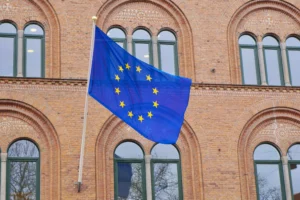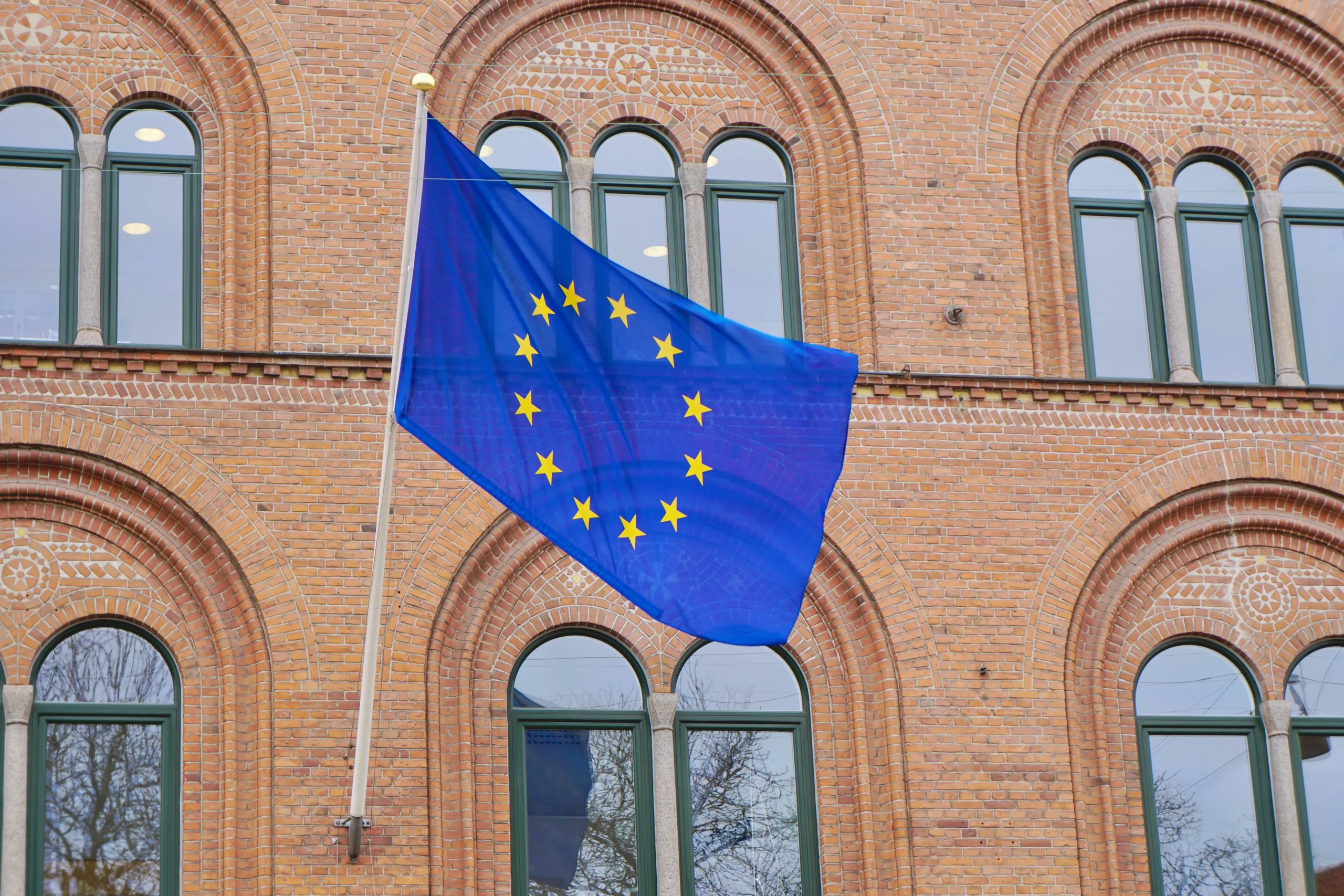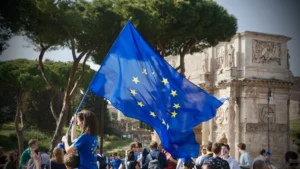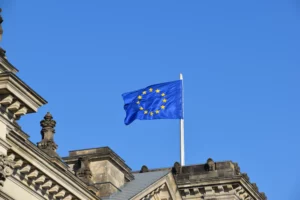
European Diplomacy and Global Governance
Explore the role of European diplomacy in shaping global governance and the challenges and opportunities it presents for Europe.

As the European Union (EU) confronts increasing challenges from beyond its borders, the need for an effective and comprehensive approach becomes paramount. External threats have permeated EU societies, posing a threat to cohesion. However, the EU remains inadequately equipped to address these challenges. While recent years have seen the development of regional strategies, there is a crucial requirement for a broader and more strategic vision.
At the forefront of the EU’s priorities should be the promotion of stabilization and prosperity in its strategic neighborhood. Encompassing Russia, North Africa, the Sahel, and the Middle East, this region is home to 1.2 billion people and holds 62% of the world’s oil and 80% of its gas reserves. A comprehensive strategy should reassess EU and Member States relations, integrating trade, development, finance, and security.
Amidst the shift towards a multi-polar world, the EU must ensure that the multilateral framework remains adaptable. Inclusivity, grounded in values such as democracy, the rule of law, human rights, free and fair competition, and the separation of private and public spheres, must underpin global multilateral governance.
Strategic partnerships with large emerging powers, including China, require careful updating to reinforce, rather than undermine, the global system. Key partnerships, especially with the United States, should emphasize economic integration and, where relevant, include security and defense dimensions, cross-investments, and improved public administration and management of migration flows.
Looking ahead to 2030, EU migration policies must align with the evolving needs of the European economy and contemporary mobility patterns. Adaptability and foresight are essential in crafting policies that address economic demands while ensuring effective migration management.
The EU’s unique perspective on global governance positions it to significantly contribute to the development of norms and interests among member states. This involves a focus on collective norms and interests expressed through shared institutions, policies, and activities.
As European diplomacy gains prominence, the international community’s impact on European diplomacy intensifies. Two potential paths of influence emerge, affecting both the Euro-polity and individual states. International expectations, reflected in diplomatic missions to the EU, underscore the EU’s role in world economics.
The establishment of the European External Action Service (EEAS) aimed to strengthen the European voice in global affairs. However, global power shifts have altered the conditions under which the EEAS provides diplomatic services. Understanding these shifts is crucial for effective global engagement.
In the face of numerous challenges, both internal and external, the EU’s leadership must prioritize rebuilding trust and delivering effective results. Proactive strategies, foresight-based planning, and flexible, customized policies are crucial. Inclusivity, from information exchange to stakeholder mobilization, should guide decision-making processes.
To secure its leadership role, the EU must continually develop new policies and employ effective instruments. Long-term strategies should encourage cooperation, and policies should be customized to diverse constituencies within the EU. Transparent interactions between the EU, Member States, and the people should frame decision-making processes, fostering a deeper understanding and a more inclusive approach.

Explore the role of European diplomacy in shaping global governance and the challenges and opportunities it presents for Europe.

Unveil the impact of European Standards and Values in 2024, driving progress and unity across the continent through shared principles of democracy and equality.

Explore the unique features and challenges of the European social and economic model, including its commitment to social protection, economic integration, and sustainable development.